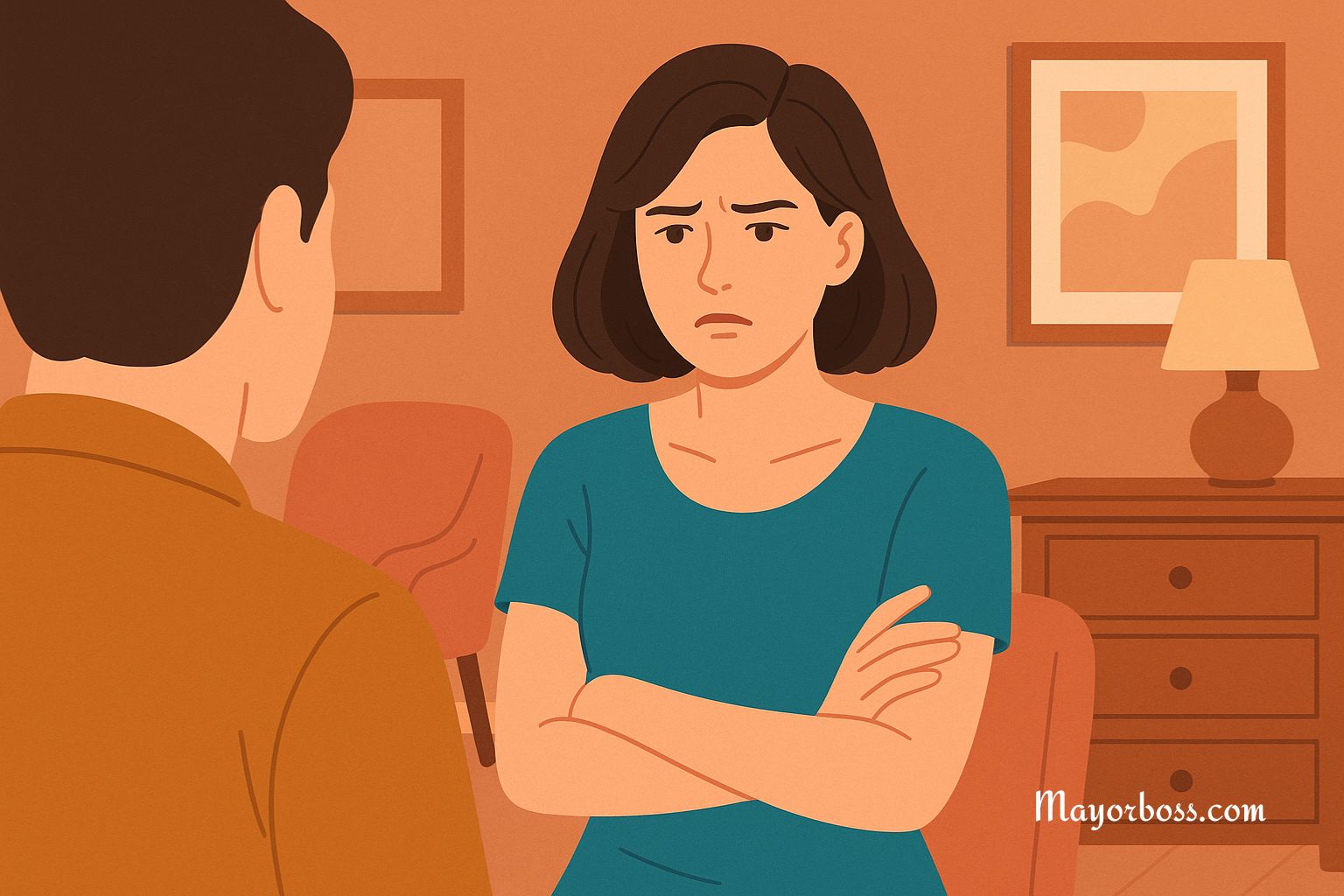Highly Sensitive Person? This is Why You’re Always So Tired
If you often find yourself feeling more tired than others, even after a full night’s sleep, you might be wondering what’s at play. For those who identify as highly sensitive persons (HSPs), this constant state of tiredness can seem like a never-ending cycle. Interestingly, the reasons behind this exhaustion are not just about physical rest but also involve a deep connection to how you interact with the world around you.

The Unique World of a Highly Sensitive Person
Firstly, it’s crucial to comprehend what being highly sensitive entails. HSPs process sensory data more deeply and thoroughly than others. Consequently, environments that are loud, busy, or simply packed with information can quickly become overwhelming. Each interaction, whether it’s a conversation, a bright light, or the texture of your clothes, requires additional energy to process.
Moreover, HSPs are often deeply empathetic, feeling the emotions of those around them as if they were their own. This heightened empathy means that social interactions can be particularly draining. As a result, what might be a simple chat for someone else can leave you needing time to recover and recharge.
The Physical Toll of Emotional Processing
Also, this intense level of processing doesn’t just tire your mind; it has physical ramifications as well. The constant alertness to subtle cues and nuances in your environment puts your body in a state of mild but persistent stress. This stress, even if it’s not acute, can lead to chronic fatigue. Plus, the mental and emotional effort of processing a high volume of sensory and emotional data can disrupt your sleep patterns, leading to a feeling of never being fully rested.
Approaches for Managing Energy Levels
Fortunately, there are strategies you can employ to manage your energy levels more effectively. Creating a quiet, calming space where you can retreat and recharge is essential. This space serves as a sanctuary from overstimulation and can help you recover your energy more quickly.
Additionally, setting boundaries is crucial. It’s okay to say no to social events if you’re feeling drained or to ask for adjustments in your environment to make it more comfortable for you. Also, practicing mindfulness or meditation can help you center yourself and recover from sensory overload.
Listening to Your Body and Mind
Furthermore, paying close attention to the signals your body and mind are sending you is vital. If you’re feeling overwhelmed, it’s a sign that you need to step back and take care of yourself. Ignoring these signals can lead to burnout, making it even harder to cope with daily life.
Frequently Asked Questions
1. Is being highly sensitive a disorder?
No, being highly sensitive is not a disorder. It’s a trait that around 15-20% of the population has. It means you have a heightened ability to process sensory data, which can be a gift in many situations, even though it comes with challenges.
2. Can you become less sensitive over time?
While you can’t change your fundamental sensitivity, you can develop strategies to manage how you interact with the world. This can make you feel less overwhelmed by your surroundings and more in control of your energy levels.
3. How do I explain my sensitivity to others who might not understand?
Explaining that you process sensory and emotional information more deeply than some might help. You can share how this trait affects you and suggest ways others can support you, like understanding your need for quiet time or your sensitivity to loud environments.






